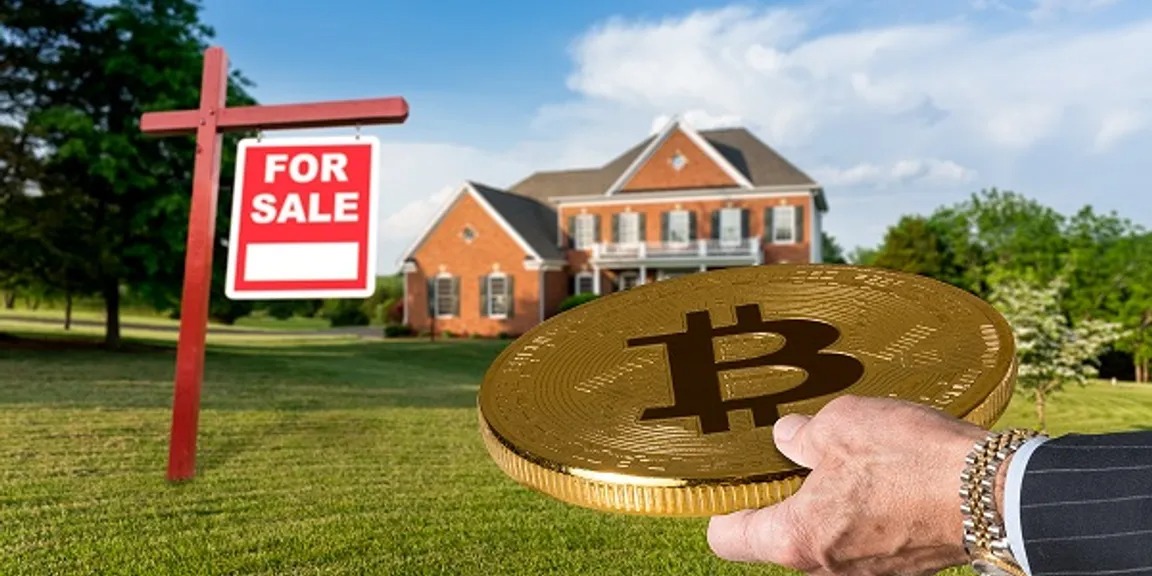Real Estate Tokenization
Real estate tokenization represents a revolutionary shift in the way property investment is approached. Tokenization involves converting the value of real estate assets into digital tokens that can be traded on a blockchain platform. This process leverages blockchain technology to create a more accessible, transparent, and efficient market for real estate investments. By breaking down a property into smaller units, investors can purchase fractional ownership, making it possible for more people to invest in real estate without needing substantial capital. This democratization of property investment is poised to transform the industry, offering new opportunities and challenges.
The Mechanics of Tokenization
The process of Real estate tokenisation begins with the identification and valuation of the property to be tokenized. Once the property is valued, its ownership is divided into digital tokens, each representing a fraction of the property’s value. These tokens are then recorded on a blockchain, ensuring that all transactions are transparent, secure, and immutable. Investors can buy, sell, or trade these tokens on various digital platforms, providing liquidity to an otherwise illiquid asset. Smart contracts, which are self-executing contracts with the terms directly written into code, play a crucial role in managing transactions and ensuring compliance with regulatory requirements.
Benefits of Real Estate Tokenization
Real estate tokenization offers numerous benefits to both investors and property owners. For investors, it provides greater accessibility to real estate markets, allowing them to diversify their portfolios without the need for significant upfront capital. The fractional ownership model reduces barriers to entry and enables small-scale investors to participate in high-value properties. Additionally, the liquidity provided by tokenization allows investors to quickly and easily buy or sell their shares, something that is traditionally challenging in real estate. For property owners, tokenization opens up new avenues for raising capital, as they can sell portions of their property without losing full control or ownership. This can be particularly advantageous for developers seeking funding for new projects.
Challenges and Regulatory Considerations
Despite its many advantages, real estate tokenization also presents several challenges and regulatory considerations. One of the primary concerns is the legal and regulatory framework governing tokenized assets. Different jurisdictions have varying laws and regulations, and navigating these can be complex. Ensuring compliance with securities regulations, anti-money laundering (AML) laws, and know-your-customer (KYC) requirements is critical to avoid legal pitfalls. Additionally, the technology itself poses challenges. Blockchain and smart contracts, while secure, are still relatively new and may encounter technical issues or vulnerabilities. There is also the question of market acceptance, as traditional investors and institutions may be hesitant to adopt new technologies and methods of investment.
The Future of Real Estate Investment
The future of real estate investment is likely to be significantly influenced by the continued development and adoption of tokenization. As technology evolves and regulatory frameworks become clearer, tokenization could become a standard practice in the industry. The increased liquidity, accessibility, and efficiency offered by tokenized real estate will attract a broader range of investors, from individual retail investors to large institutional players. Moreover, the transparency and security provided by blockchain technology can help build trust and confidence in the market. However, for tokenization to reach its full potential, collaboration between industry stakeholders, regulators, and technology providers is essential. By addressing the current challenges and fostering innovation, the real estate industry can fully embrace the benefits of tokenization, paving the way for a more inclusive and dynamic market.





